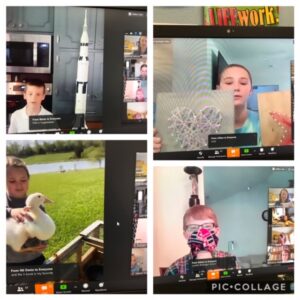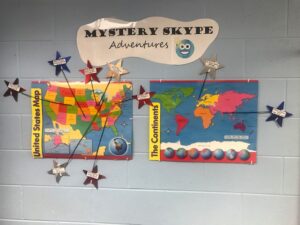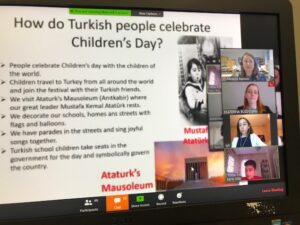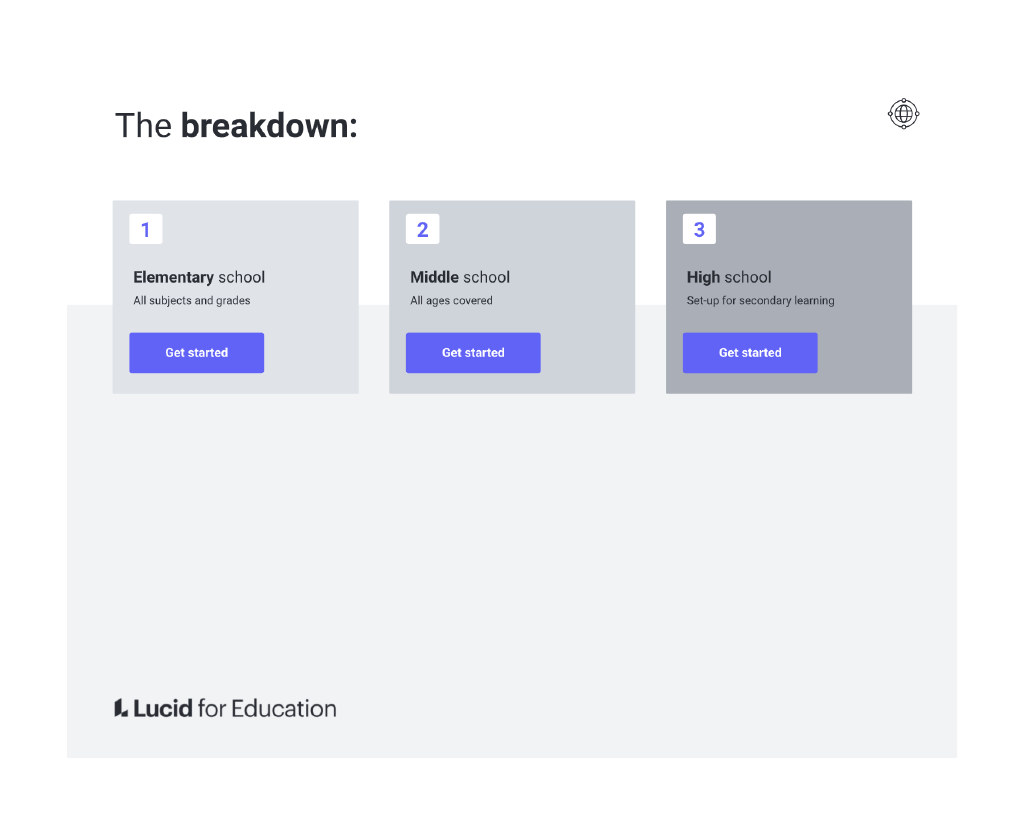My husband and I are the self-proclaimed spades champions in our family. At past family gatherings, we are often met with, “Hey, how have you been? Did you bring your deck of cards?” The thing about spades is that you just can’t “throw in your hand”. You have to play your hand. You have to play the cards that you’ve been dealt.
As with the current quarantine situation, many communities and school districts are diligently working with the resources they have. They are refusing to give up. One school, in particular, is the Gladys Oberle School.
The Gladys Oberle School is a private day special education school in Fredericksburg, VA. With a total enrollment of approximately 50 students and a looming threat of losing resources as a result of the COVID-19 situation, the administration, faculty, and staff designed a plan built on best practices using instructional technology and culturally responsive instruction.
In spite of students not being physically able to attend school, the administration and faculty remain connected to their students and families. Teachers effectively use tools such as Google Classroom and Zoom to deliver instruction and maintain an atmosphere of community and support. For those teachers and students who have limited access to the internet, students have received packets in the mail along with encouraging words and instructions on how to complete their assignments.
The school’s counselors personally called each family on their caseload to offer support or arrange for virtual individual counseling sessions if needed. The administration has also encouraged students to make videos and take pictures of class projects. These videos and pictures are posted and uploaded to the virtual school newsletter.
Empowered with a commitment to their students and families and the technology available, the Gladys Oberle School has refused to “throw in their hand”. This school is truly a champion!
For more information regarding the Gladys Oberle School, please visit their website.
Written by Nicci T. Dowd, Ed.D. Nicci is a Trainer and Technical Specialist with AIM-VA at George Mason University, and a member of the VSTE Board of Directors.








